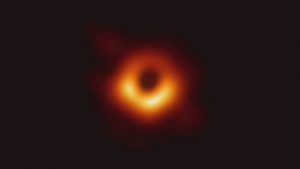5.10 Public Domain
Public domain materials are works that are not protected by copyright. This means that you don’t have to ask for permission from the copyright holder to reuse the content. There are a lot of different materials that fall into this category. Here are two common examples:
- Materials that are not copyrighted: Published US government documents are, by design, never copyrighted because they are created to benefit the American people and meant to be open to all. Examples of government documents include materials published by the US government, its agencies, and departments. For example, transcripts of congressional hearings are government documents, as are images from NASA, and the data from the US Census. Other materials that cannot be copyrighted include simple mathematical equations and food recipes.
- Materials whose copyright has expired: Books published 95 years ago or longer in the US are another example of public domain materials. Their copyright protection has simply expired. Remember that the original intent of copyright law was to protect the author’s rights of redistribution and sales. Authors of works published before 1923 are probably not alive anymore, thus the need to protect and incentivize that author is also gone.
You can find a lot of public domain works on the internet using tools like Google Books and searching for works published 95 years ago or earlier. The Internet Archive is another good source of out-of-copyright public domain books, films, and community-contributed material.
Does this mean that you can copy content from a US government website, such as this image from NASA, and use it in an assignment without citing the source?

No, that would be plagiarism and unethical. It’s important to always credit the source, regardless of whether or not it is in the public domain. Also, the safe route is to consider everything you find on the web and in libraries to be copyrighted until you can find an explicit statement indicating otherwise.
